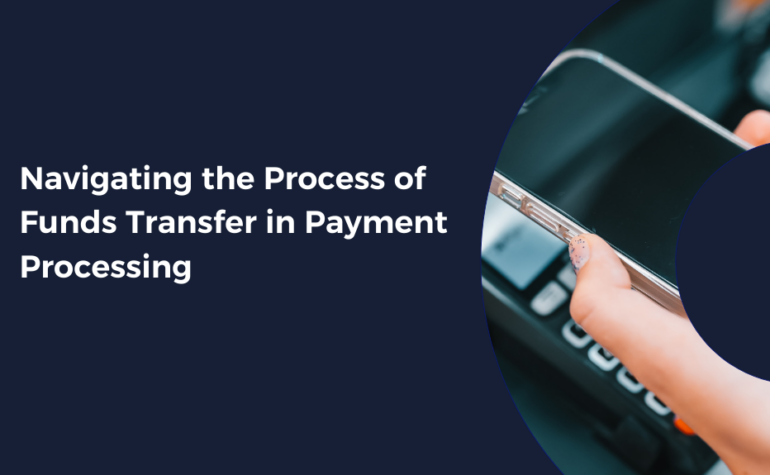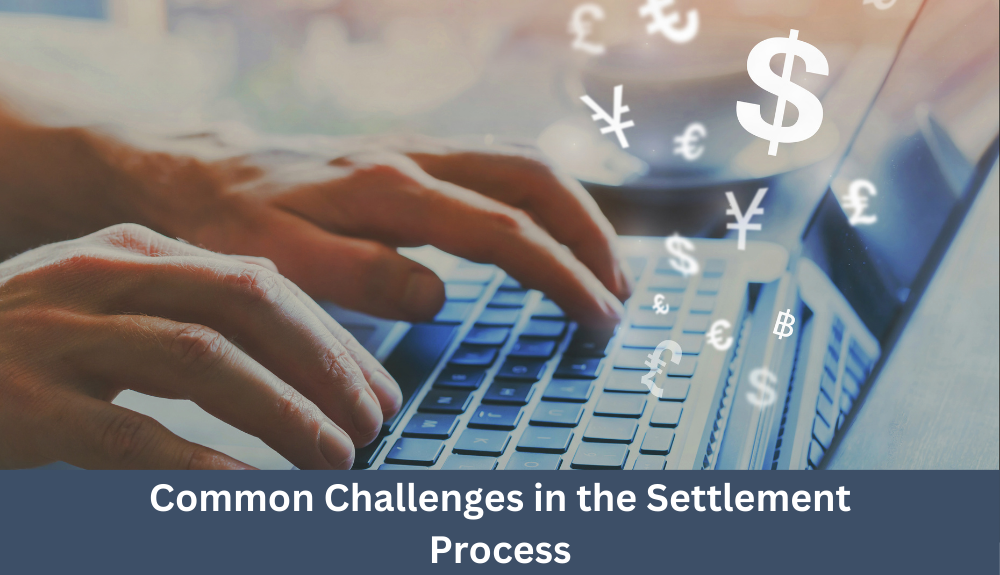Best Credit Card Processing Solutions Tailored for Every Industry

By merchantservices March 8, 2024
Welcome to the world of payment processing, where transactions zip through cyberspace at lightning speed. But what happens behind the scenes to ensure that your payments are settled accurately and efficiently? Settlement is the unsung hero in this high-tech dance of funds transfer. Join us as we delve into the intricate process of settlement, uncovering its importance, challenges, and innovative solutions shaping the future of payment processing. Let’s demystify settlement together!
The Importance of Efficient and Accurate Fund Transfers
Efficient and accurate fund transfers are vital in the payment processing industry. Businesses rely on timely settlements to maintain cash flow and operational efficiency. A delay in funds transfer can disrupt business operations, impact vendor relationships, and even lead to financial penalties.
Ensuring accuracy is equally important as it prevents discrepancies and potential disputes. Mistakes in fund transfers can result in financial losses, damaged reputations, and legal consequences. Therefore, precision in transferring funds is crucial for maintaining trust with customers and partners.
By streamlining the settlement process through automation and real-time monitoring, businesses can reduce errors and improve overall transaction efficiency. Implementing robust reconciliation processes helps to identify any discrepancies promptly, allowing for quick resolution before they escalate into larger issues.
In today’s fast-paced digital world, having a reliable system for efficient and accurate fund transfers is non-negotiable for businesses looking to stay competitive in the market.
The Role of Banks and Payment Processors in Settlement
When it comes to the settlement process in payment processing, banks and payment processors play a crucial role. Banks act as intermediaries between merchants and customers, ensuring seamless fund transfers from one account to another. Payment processors facilitate transactions by securely transmitting data and authorizing payments swiftly.
Banks provide the infrastructure for funds to flow smoothly between parties involved in a transaction. They verify the availability of funds, handle interbank transfers, and ensure compliance with regulatory requirements. Payment processors leverage technology to streamline payment processes, offering convenience and security to businesses and consumers alike.
Together, banks and payment processors collaborate to guarantee that settlements are executed accurately and efficiently. Their partnership ensures that transactions are processed promptly while maintaining high levels of security against fraud or errors. This collaboration is essential for the smooth functioning of the entire payment ecosystem.
Common Challenges in the Settlement Process

Navigating the settlement process in payment processing can present various challenges that businesses need to overcome. One common issue is delays in fund transfers between parties, which can disrupt cash flow and lead to operational inefficiencies.
Another challenge is discrepancies in transaction records, causing difficulties in reconciling payments and creating potential financial risks. Moreover, manual errors or system glitches can result in inaccurate data entry, leading to further complications during settlement.
Furthermore, dealing with multiple currencies or cross-border transactions may introduce complexity and increase the likelihood of errors if not managed effectively. Additionally, ensuring compliance with regulatory requirements adds another layer of complexity to the settlement process.
Addressing these challenges requires proactive measures such as implementing automated reconciliation systems, enhancing communication between stakeholders, and leveraging advanced technologies for more efficient funds transfer processes.
Strategies for Effective Funds Transfer and Reconciliation
When it comes to ensuring smooth funds transfer and reconciliation in payment processing, having effective strategies in place is key. One strategy is to establish clear communication channels between all parties involved in the settlement process. This helps avoid misunderstandings and delays.
Another important strategy is to automate reconciliation processes as much as possible. Utilizing technology can help streamline the matching of transactions, reducing errors and saving time.
Regularly monitoring transaction data and conducting regular audits can also help identify any discrepancies or issues early on, allowing for prompt resolution.
Implementing robust security measures to protect sensitive financial information during fund transfers is crucial in preventing fraud or unauthorized access.
By adopting these strategies, businesses can enhance their efficiency in funds transfer and reconciliation, ultimately improving their overall payment processing operations.
Emerging Technologies and Innovations in Settlement

As the landscape of payment processing continues to evolve, emerging technologies and innovations are playing a crucial role in enhancing the settlement process. One key advancement is the use of blockchain technology to streamline and secure fund transfers. By leveraging decentralized ledgers, transactions can be executed faster and with increased transparency.
Another innovation making waves in settlement is real-time payments. With instant payment capabilities, businesses can receive funds promptly, leading to improved cash flow management and reduced operational risks. Additionally, artificial intelligence (AI) and machine learning algorithms are being employed to automate reconciliation processes, minimizing errors and speeding up settlements.
Furthermore, Application Programming Interfaces (APIs) are revolutionizing how data is exchanged between banks and payment processors, enabling seamless communication for efficient fund transfers. These technological advancements are reshaping the settlement landscape by offering speedier transactions, enhanced security measures, and streamlined reconciliation processes.
Conclusion: The Future of Settlement in Payment Processing
As technology continues to advance, the future of settlement in payment processing looks promising. With the rise of blockchain technology and real-time payment systems, we can expect faster and more secure fund transfers. Automation and AI will play a significant role in streamlining the reconciliation process.
Collaboration between banks, payment processors, and regulatory bodies will be crucial to ensure compliance with evolving regulations and standards. By leveraging data analytics and machine learning, organizations can gain valuable insights into transaction patterns and mitigate risks effectively.
Settlement in payment processing is on the brink of transformation. By embracing innovation and adopting efficient strategies for fund transfer and reconciliation, businesses can stay ahead in this rapidly evolving landscape. The key lies in adapting to change proactively while maintaining a focus on accuracy, efficiency, and security in funds transfer processes.
